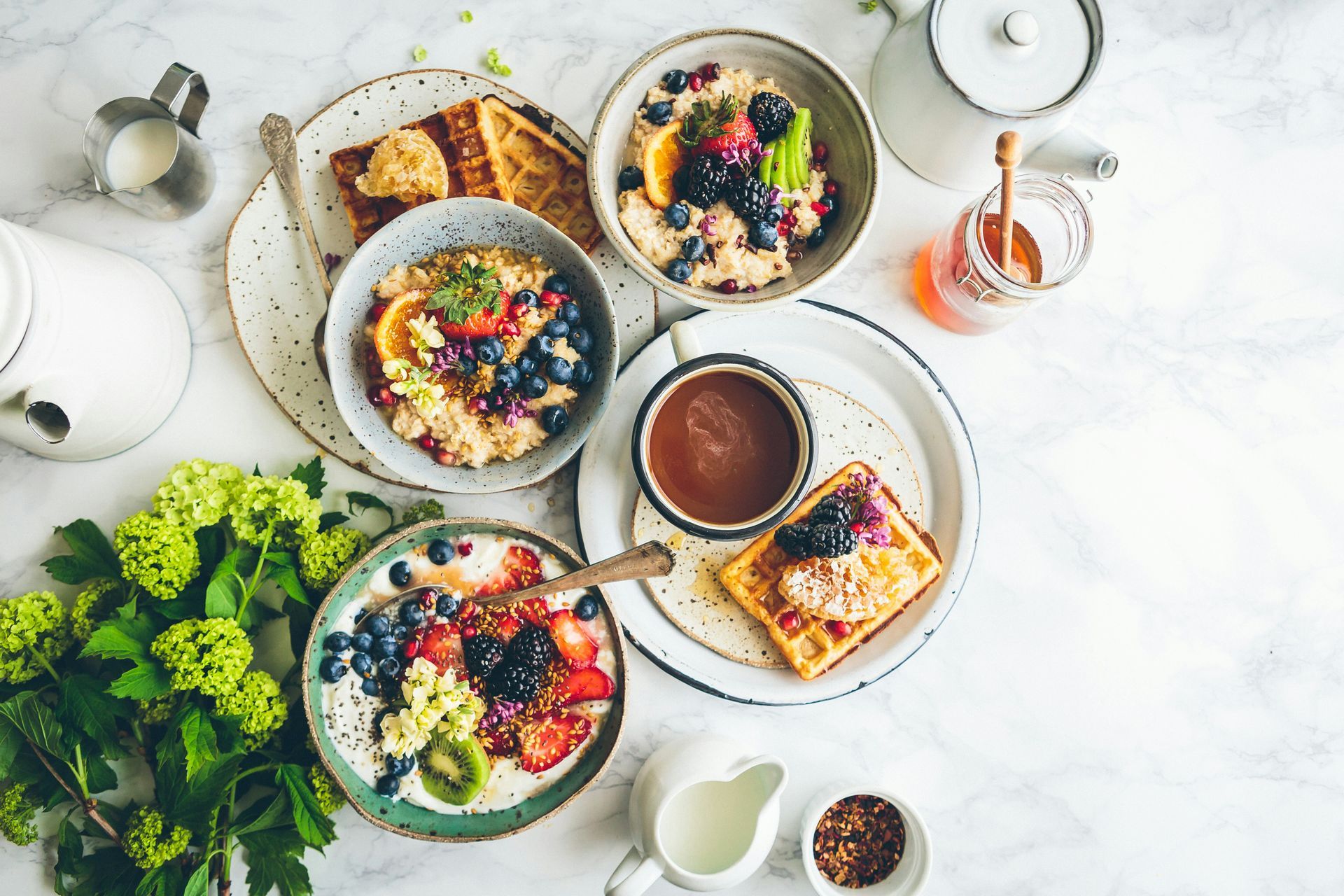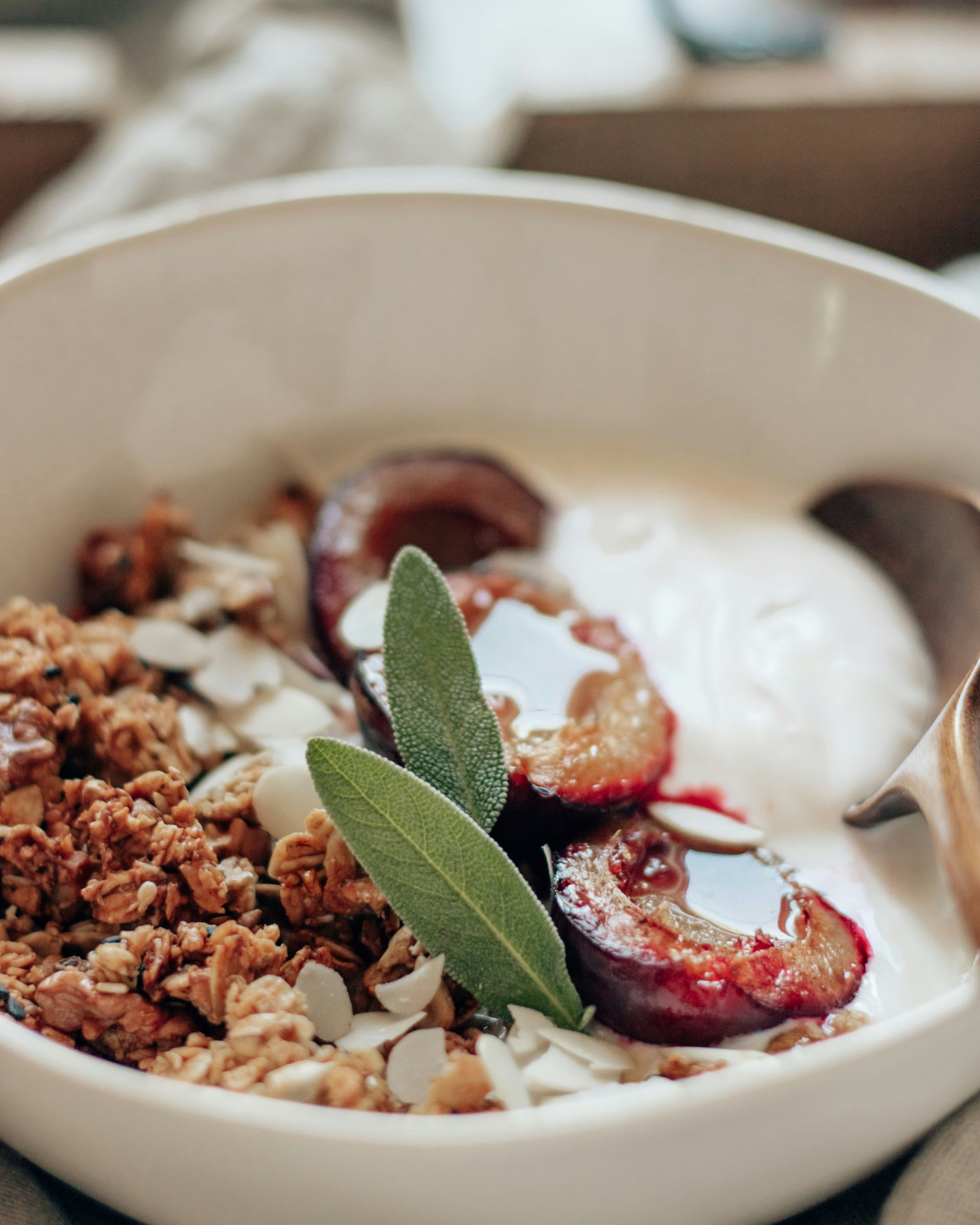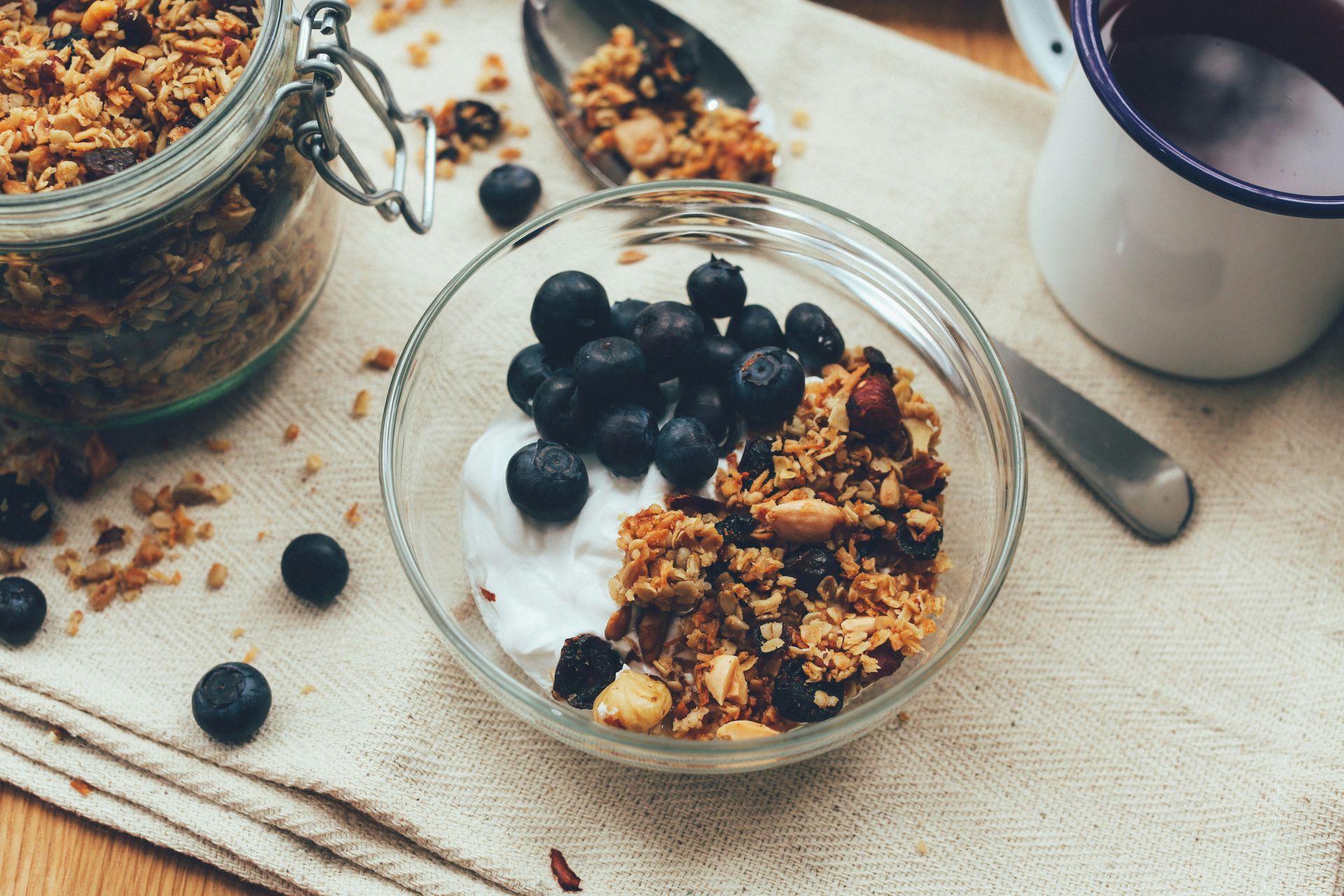
Why Skipping Breakfast Might Actually Be Good For You
In the realm of nutrition, the concept of skipping breakfast has been a topic of much debate. While conventional wisdom often emphasizes the importance of starting the day with a hearty meal, emerging research suggests that skipping breakfast could offer a range of benefits. Let's delve into the advantages of adopting this unconventional approach to morning eating habits.
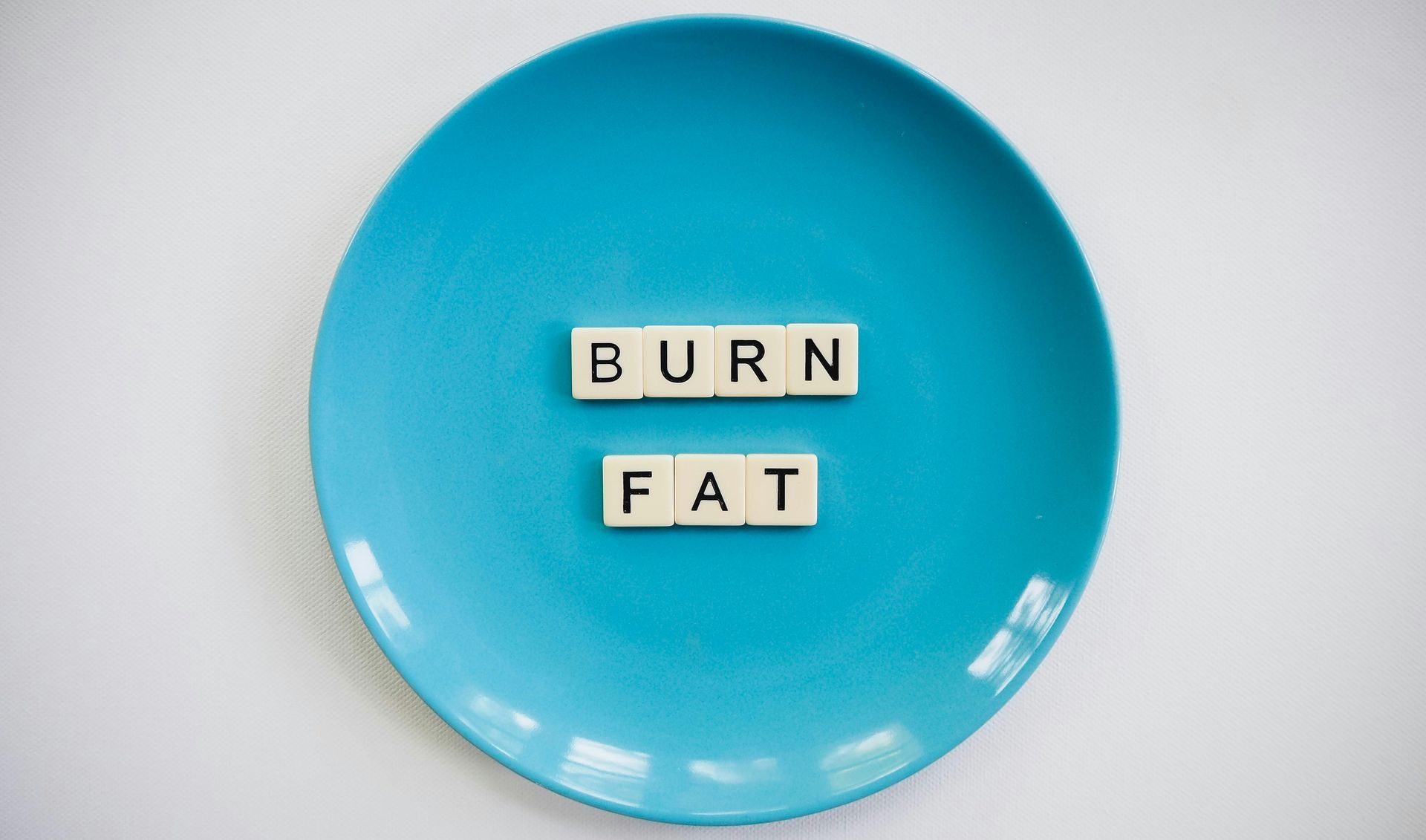
Burning More Fat and Boosting Metabolism
When you skip breakfast, your body doesn't get its usual influx of calories first thing in the morning. Instead, it taps into your fat stores for energy, which can help with weight loss. Plus, skipping breakfast might kickstart your metabolism, making it more efficient at burning calories throughout the day.
Improving Blood Sugar Control
Skipping breakfast could actually make your body more sensitive to insulin, the hormone that helps regulate your blood sugar levels. This means your body can better control its blood sugar, reducing the risk of conditions like diabetes.
Keeping Your Brain Sharp
Contrary to what you might think, skipping breakfast might not hurt your brainpower. In fact, it could even help. Fasting triggers a process in your body that cleans up and repairs cells in your brain, which could lead to better cognitive function and mental clarity.
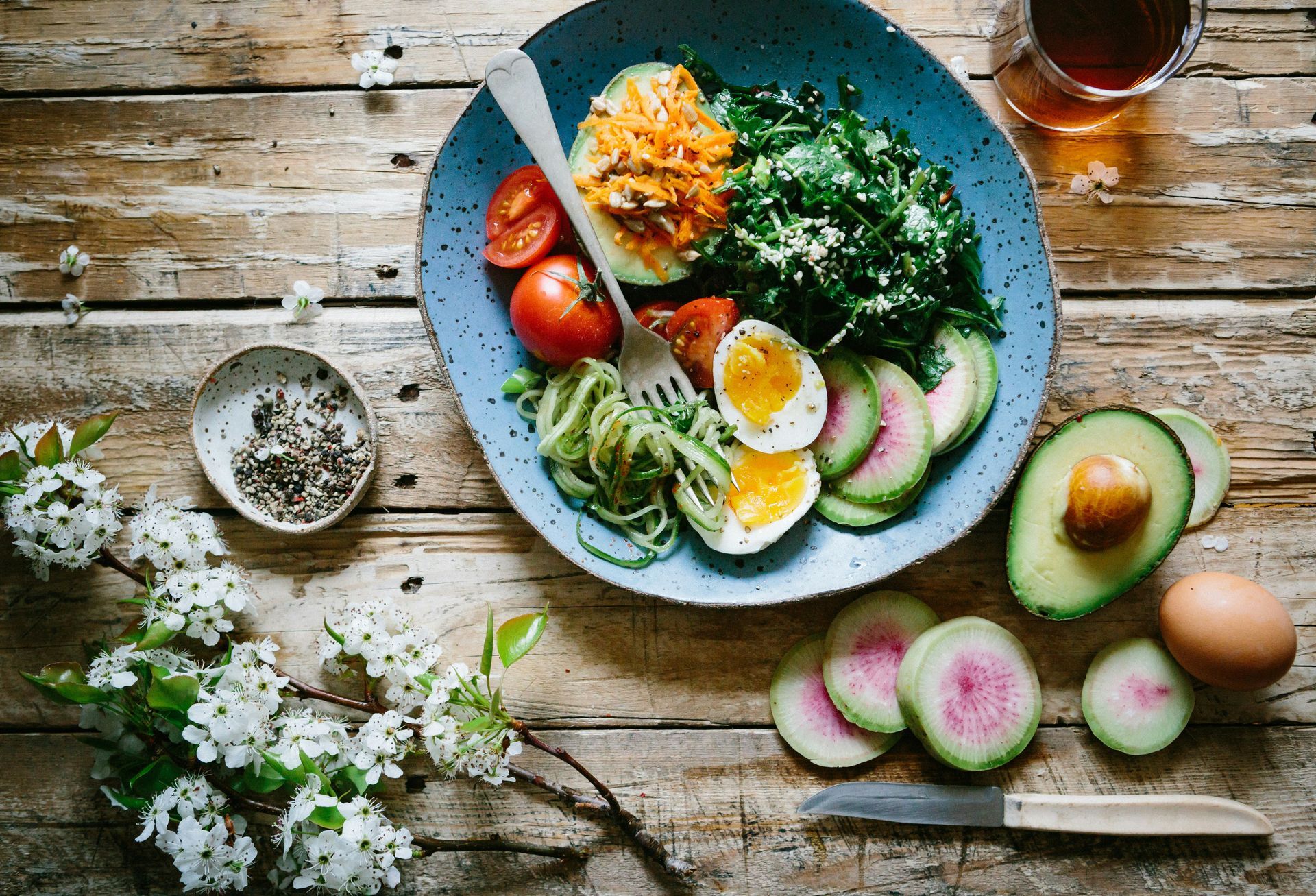
Being More Mindful About Eating
Skipping breakfast gives you a chance to pay more attention to your hunger cues and eating habits. Instead of mindlessly grabbing food as soon as you wake up, you can tune into your body's signals and eat when you're truly hungry. This mindfulness can lead to healthier eating habits overall.
In Conclusion
While it might seem counterintuitive to skip breakfast, there are some compelling reasons to give it a try. From burning more fat to improving blood sugar control and keeping your brain sharp, skipping breakfast could have some surprising benefits for your health. Just remember to listen to your body and make choices that work best for you.

Start Today!
Ready to transform your fitness journey? Take the first step towards achieving your goals with personal training!
We will get back to you as soon as possible
Please try again later
My take on Health and Fitness
